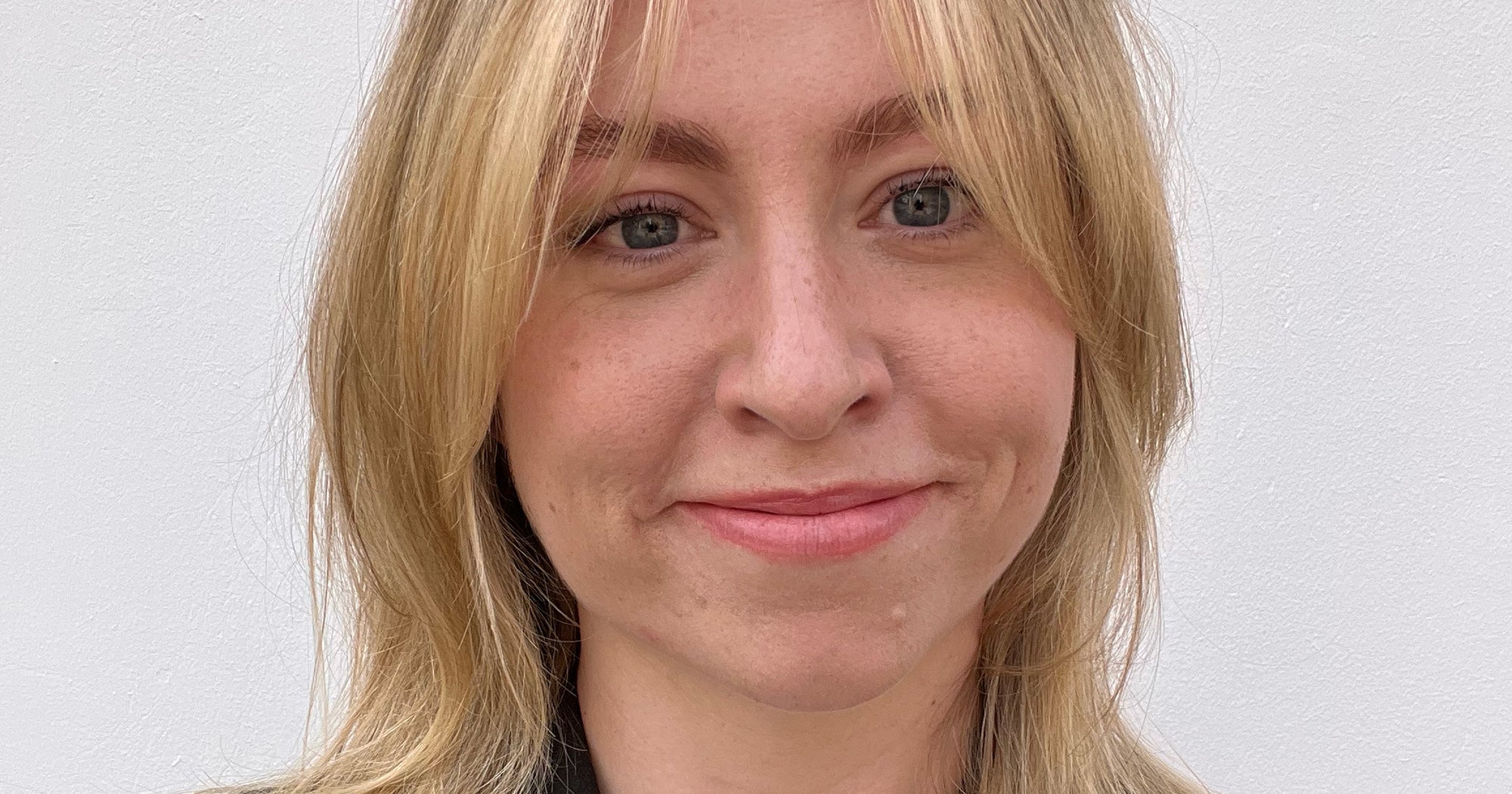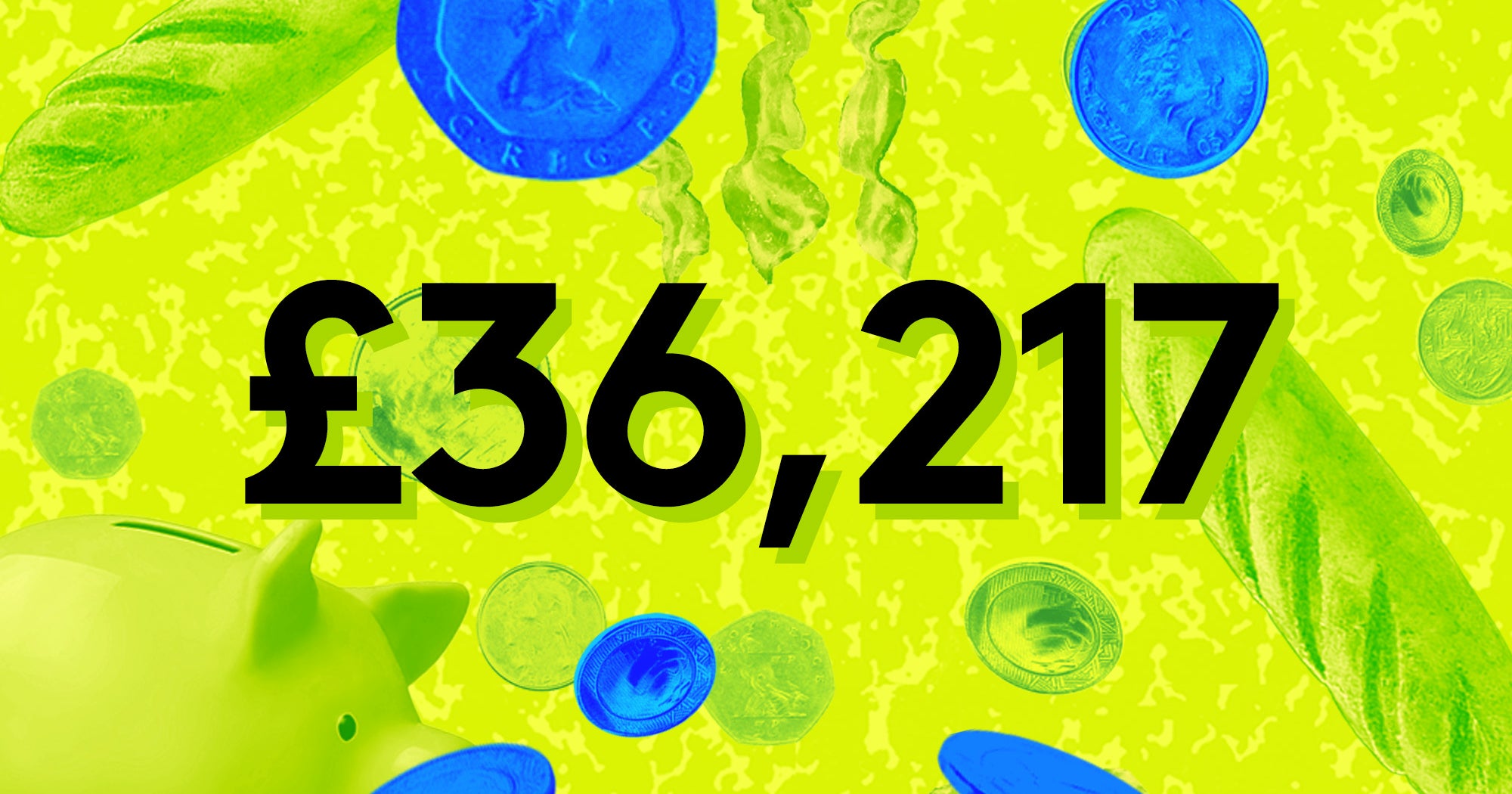The air smelled of belligerence, beer and body odour when Ontario-born Mike Malott knocked down the American Charles Radtke with a sharp left hook in front of 20,000 roaring UFC fans at Montreal’s Centre Bell arena Saturday night. The fight was early in the UFC 315 pay-per-view event card, but it was one of the most anticipated: an American versus a Canadian on home soil, in the wake of mounting political tensions between the two countries.
This wasn’t the first time U.S.-Canadian politics played out in the sports world since President Donald Trump‘s talks of a 51st state. In February, the 4 Nations Face-Off hockey championship game between Canada and the U.S. saw three fist fights within the first nine seconds – and the U.S. national anthem was booed.
So the stakes were high for the first UFC event in Canada since Mr. Trump‘s re-election. And the Quebec setting felt even more significant: The province voted largely Liberal in the federal election, a sign that voters may be more concerned about facing down Mr. Trump than about independence interests.
At the prefight news conference, Mr. Radtke made it known he would make Canada “pay” for booing The Star-Spangled Banner. But by the second round, the American was grounded and being pummelled by Mr. Malott to the riotous approval of the crowd. Minutes after his win, with a Canadian flag wrapped around him, Mr. Malott addressed the arena, “When it comes to defending this country, know one thing Canada: I stand on guard for thee.”
Just outside the caged Octagon, Conservative Leader Pierre Poilievre – joined by his wife and a host of security guards – was waiting to congratulate the fighter. In his postfight news conference, Mr. Malott told reporters he “didn’t mean to take a firm political stand” by greeting Mr. Poilievre, but “I appreciate people who are trying to make our country a better place.”
Conservative Party Leader Pierre Poilievre attended the match in Montreal.
Political undertones aren’t a new thing in the UFC, one of the biggest mixed martial arts organizations in the world, worth about US$11-billion. In the 2000s, Mr. Trump gave the UFC an early push by allowing fights at the Trump Taj Mahal in Atlantic City when other venues shut out the sport, which at the time was called “human cockfighting” by Senator John McCain. These days, the President is regularly seen cageside, often next to UFC CEO Dana White, and treated as a prized fighter by the crowd.
Mr. White, in turn, has publicly endorsed Mr. Trump, and spoken at the 2016, 2020 and 2024 National Republican Conventions. Similarly, podcaster Joe Rogan, a regular UFC Fight Night broadcaster, endorsed Mr. Trump just one day before the 2024 U.S. election.
While Mr. Rogan didn’t turn up in Montreal Saturday night – saying on his podcast that he’d “rather go to Russia” than come to Canada – thousands of Canadian fans were there to celebrate the UFC’s first return to the city in a decade. And with six Canadian fighters on a 12-fight card, there was an abundance of patriotic energy to go around.
Not all attendees are bothered by Mr. Trump’s close ties with the UFC, even if they were here to see the Canadian fighters dominate the night. For these die-hard MMA fans, the love of the fight transcends politics.
“It sucks that it‘s getting more political,” said Emille Cooren, who wore a Canadian flag as a cape as he headed towards the arena. But for him and friends Felix Burt and Henry Large, the fighting is just too good to let politics get in the way.
“Look at the NHL, they have Trump supporters there too,” said Mr. Burt, adding that the UFC gets disproportionate scrutiny.
Do he and his friends take the idea of the 51st state seriously? Not at all. To them, it‘s no different than the trash talk between fighters. “It‘s just characters,” said Mr. Burt, comparing politicians and UFC fighters.
Octagon Girls appearing on stage signals the start of a new round.
Trash talk is a tenet of fighting sports in general, and the UFC is home to some huge characters. Irish fighter turned political candidate Conor McGregor – who in 2024 was found liable for sexual assault and this year was accused of sexual battery – catapulted the organization into the mainstream with his brazen aggression.
Other fighters have found cheekier ways to make a name for themselves. In March, Brazilian fighter Jean Silva brought out a globe at a news conference ahead of his fight against American opponent Bryce Mitchell, a known flat-earther.
In the stands at Bell Centre, loud, bold personalities loomed large: Guttural screams, men flexing their biceps for selfies, and both men and women wolf-whistling the Octagon Girls who signalled the start of each round. When a fight lulled, calls for more brutality echoed across the arena. UFC pay-per-view events, which typically occur monthly with a championship belt on the line, can last eight hours as the Octagon canvas get bloodier with each round.
The main fight of the night saw Palestinian Belal Muhammad lose his welterweight belt to Australian Jack Della Maddalena, but it was arguably the Canadian fighters who stole the show.
Quebec’s Georges St-Pierre, considered one of the best UFC fighters in history and now retired, helped coach Montreal’s Aiemann Zahabi to victory. Flyweight Jasmine Jasudavicius won by submitting Brazilian fighter Jéssica Andrade in the first round. And Mr. Malott‘s win sent the crowd into a frenzy that spilled out onto the streets after the fight.
Elsewhere in the arena, Gail Bouchard drew stares wherever he walked: His entire upper body was chalked in the Quebec Fleurdelisé flag. To him, the night was a historic moment for Quebec – a chance for the province to show its fighting potential. Still, the political leanings of the UFC bothered Mr. Bouchard a bit, particularly since it took away from the beauty of the sport.
“I’m a simple guy,” he said. “I love MMA, I love my country.”













